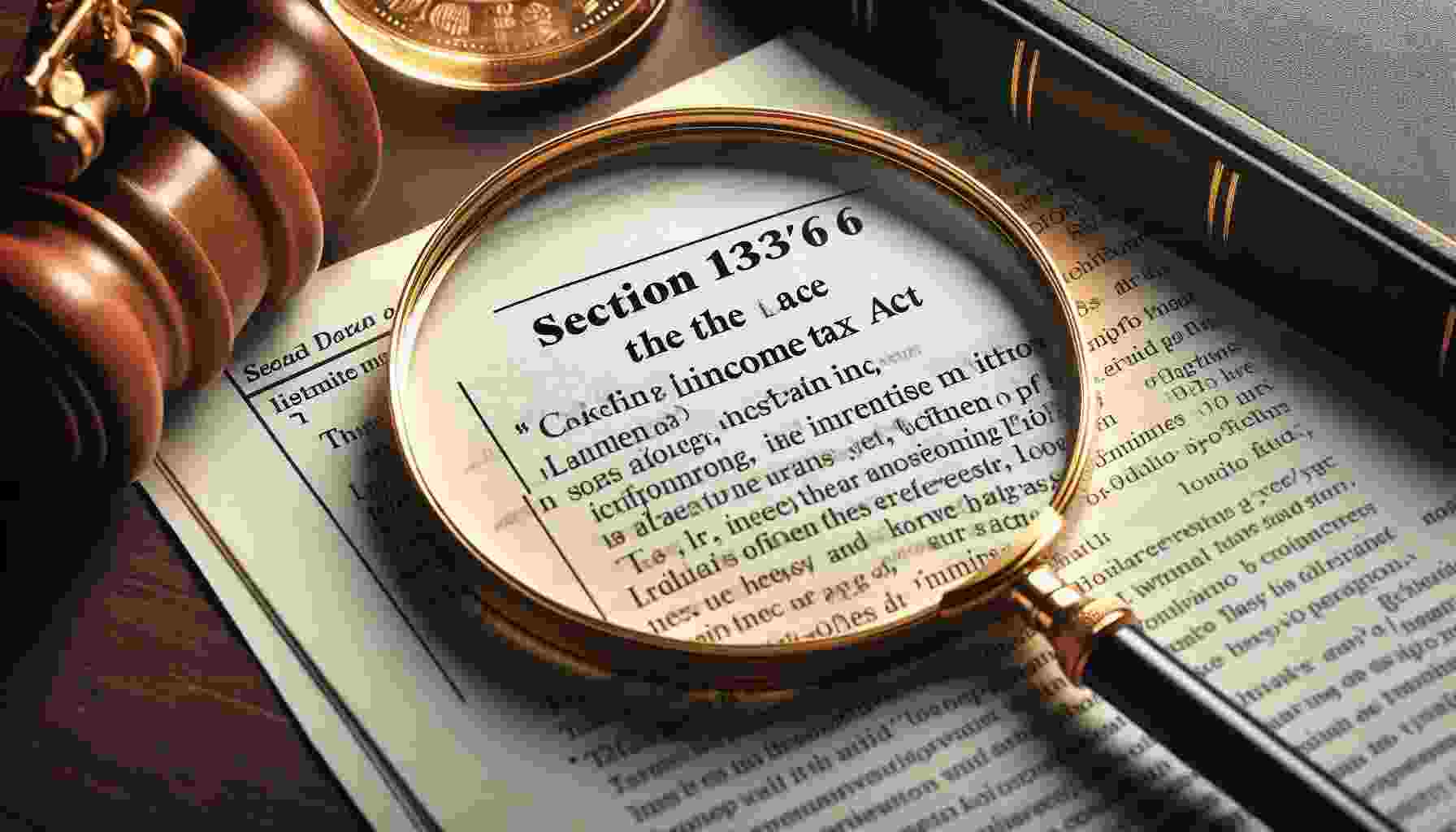For many families, holding investments jointly has always been considered a convenient option. It offers a sense of security and ensures smoother succession planning in case of unforeseen events. However, recent developments in tax reporting have turned this practice into a source of stress for thousands of individuals, especially non earning members such as homemakers and senior citizens.

The problem arises because financial institutions including banks and mutual fund houses are required to report high value transactions under the Permanent Account Number of each joint holder. This means that even when only one person funds the investment, every joint holder is tagged in the official reporting system. Transactions such as deposits above ten lakh rupees or large mutual fund purchases get reflected in the Annual Information Statement of all joint holders.
This duplication has created a mismatch between what taxpayers actually declare in their returns and what appears in the records of the income tax department. With automated scrutiny now becoming more advanced, notices and verification requests are being sent to individuals who never made these transactions themselves. For homemakers and retirees who do not have significant independent income, these notices can be confusing and intimidating.

Experts explain that the issue stems from Rule 114E which mandates this reporting pattern. As technology driven tax systems automatically flag high value entries, joint holders become exposed to repeated queries. Even when they provide feedback in their Annual Information Statement clarifying that they are not the real investor, their submissions are often rejected by institutions that cite mandatory compliance requirements. This cycle has increased the number of tax notices for ordinary citizens who may have only agreed to joint holdings for safety and family planning.
In several cases, joint holders are receiving notices under provisions such as Section 148A for reassessment or Section 133 for e verification. Responding to these notices requires careful checking of all entries in the Annual Information Statement and the Tax Information System. If a transaction does not belong to the joint holder, they need to provide feedback clearly stating that the income belongs to the primary holder. Supporting evidence such as bank statements, payment proofs, fixed deposit receipts, and declarations of ownership becomes essential to resolve the mismatch.
Tax professionals advise that if errors are discovered after filing, individuals can still revise or update their returns under Section 139 of the Income Tax Act. Filing a revised return with accurate ownership details helps the department match the correct income with the rightful taxpayer while ensuring that tax credits are properly adjusted.

Given these challenges, many experts now recommend using a nominee rather than opting for joint holding. A nominee’s Permanent Account Number does not appear on the investment records during the lifetime of the primary holder, which means no duplicate reporting is triggered. This makes nominations a cleaner option to avoid tax queries. However, it is important to remember that a nominee does not become a co owner of the assets but only acts as a trustee. For smooth succession, a nominee arrangement should ideally be supported by a will or an estate plan that outlines how the assets should be distributed.
The choice between joint ownership and sole ownership with a nominee ultimately depends on the succession needs of a family. While joint holding may appear safer at first glance, the increasing use of automated scrutiny systems has made it a potential risk for those who are not actively managing or funding the investments. Homemakers and elderly parents who simply appear as joint names may continue to face avoidable tax stress unless families rethink how they structure their finances.
The lesson is clear. Proper documentation, careful reporting, and thoughtful succession planning are becoming essential in the modern tax environment. Families should evaluate whether joint holdings are truly necessary or whether a combination of sole ownership, nominations, and clear wills can provide both peace of mind and protection from unnecessary tax scrutiny.
Stay informed about personal finance, taxation, and investment strategies that safeguard your wealth. Follow You Finance on Instagram and Facebook for more insights and expert guidance.














